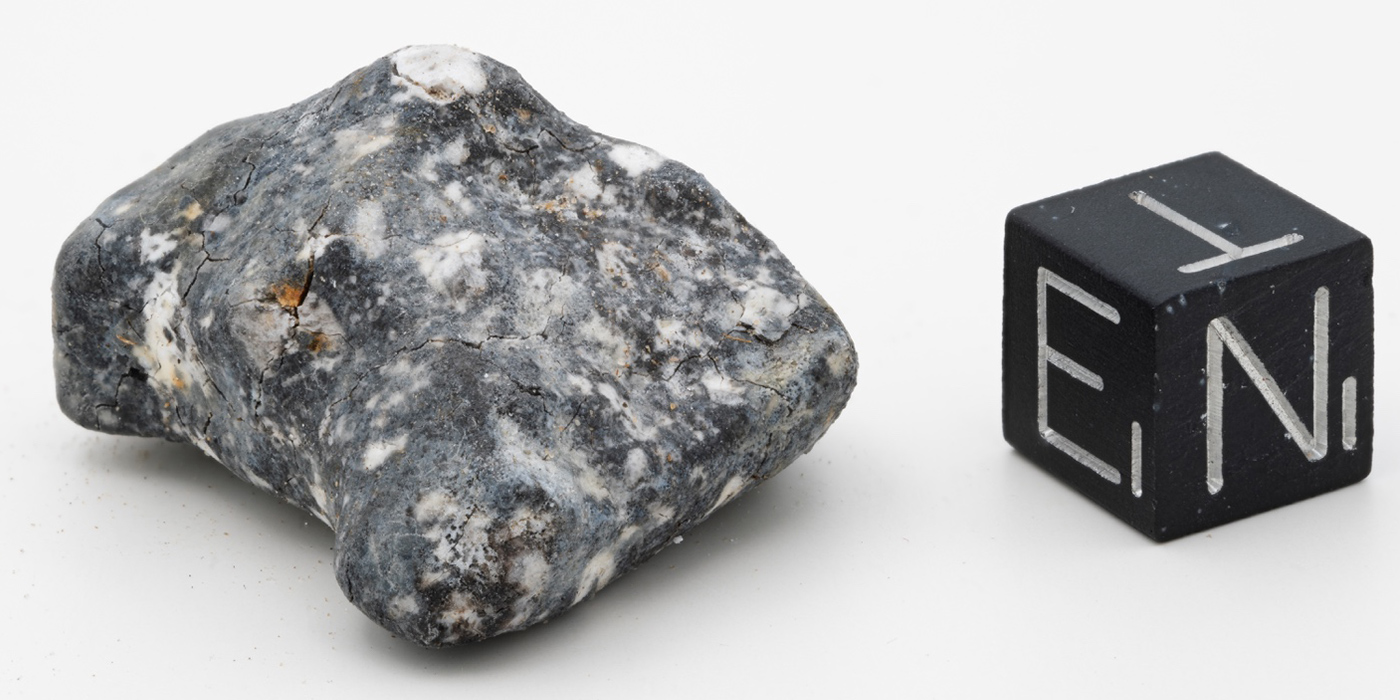
On February 5, 2024, in Mountain View, California, the classification of an asteroid that impacted near Berlin was officially confirmed as a rare type of meteorite known as an aubrite. This classification was determined through the analysis of one of the meteorite fragments by a team of researchers led by Dr. Peter Jenniskens, who traveled to Berlin to search for the meteorites after they fell on January 21, 2024.
The team, which included researchers from the Museum für Naturkunde, the Freie Universität Berlin, the Deutches zentrum für Luft und Raumfahrt, and the Technische Universität Berlin, initially had difficulty locating the meteorites due to their translucent glass crust, but were able to find them with the help of a Polish team of meteorite hunters.
The meteorites are fragments of the small asteroid 2024 BX1, which was first spotted with a telescope at Konkoly Observatory in Hungary and predicted to impact Earth's atmosphere by NASA's Scout and ESA's Meerkat Asteroid Guard impact hazard assessment systems. ( )
February 5, 2024, Mountain View, CA – The official classification now aligns with what many suspected from merely looking at the images of the strange meteorites that fell near Berlin on January 21, 2024. They belong to a rare group called "aubrites". The team, which included researchers from the Museum für Naturkunde, the Freie Universität Berlin, the Deutches zentrum für Luft und Raumfahrt, and the Technische Universität Berlin, initially had difficulty locating the meteorites due to their translucent glass crust, but were able to find them with the help of a Polish team of meteorite hunters.
The meteorites are fragments of the small asteroid 2024 BX1, which was first spotted with a telescope at Konkoly Observatory in Hungary and predicted to impact Earth's atmosphere by NASA's Scout and ESA's Meerkat Asteroid Guard impact hazard assessment systems. ( )
Source: See here
No comments:
Post a Comment